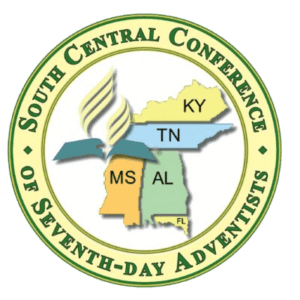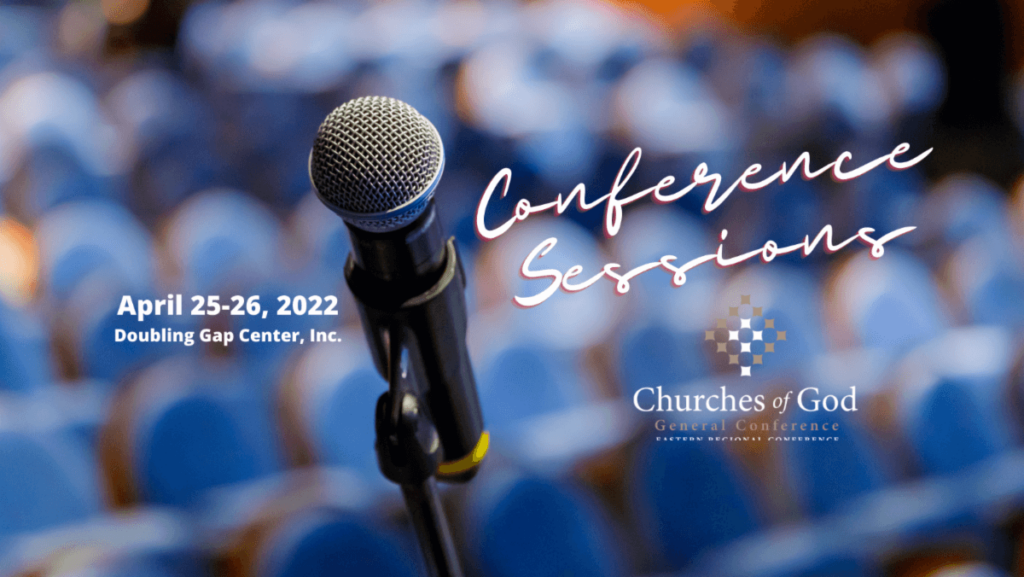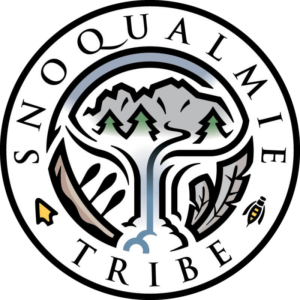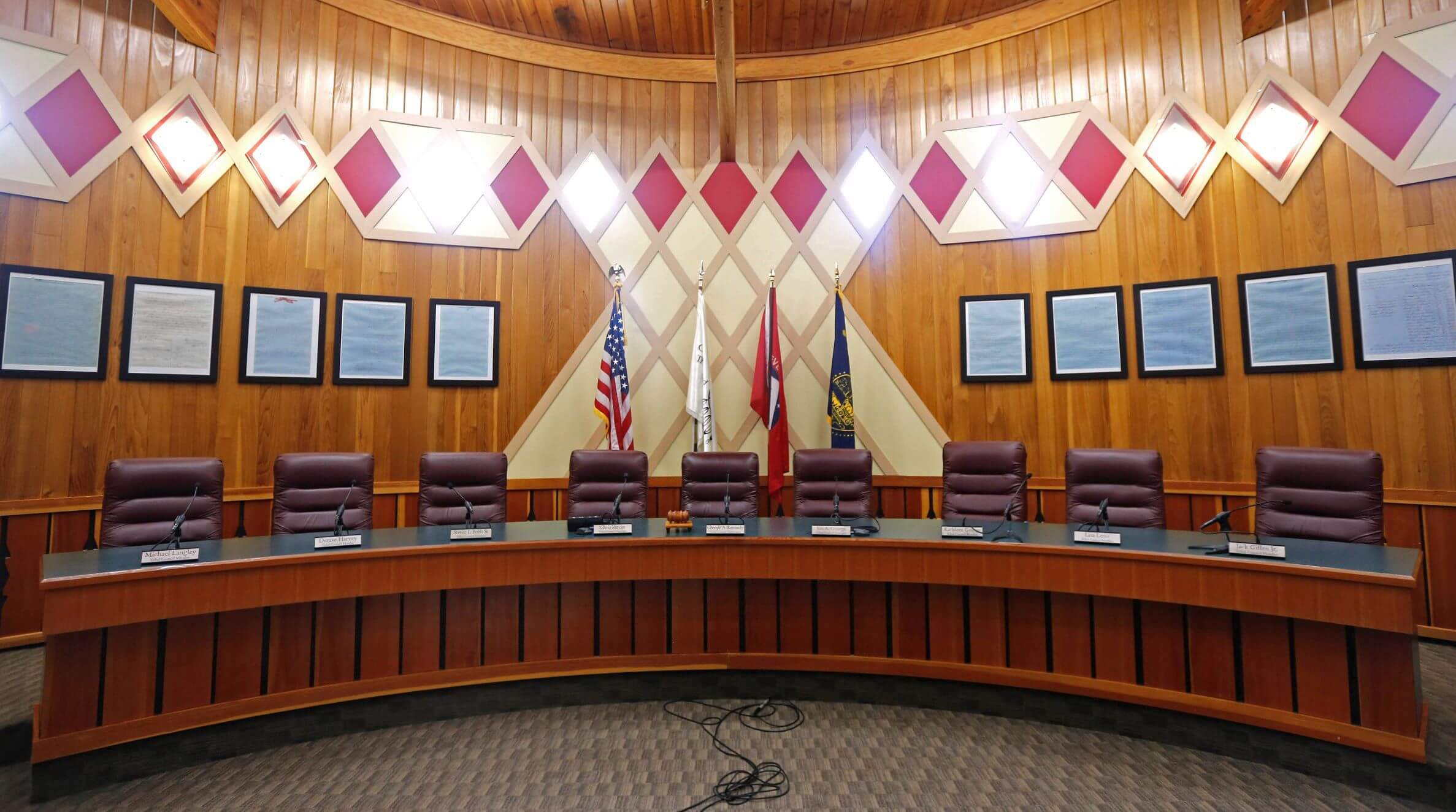Whether it be Seventh Day Adventists, the Lutheran Women’s Missionary League, or the Snoqualmie Indian tribe, religious and tribal organizations across the country are meeting to elect officials and make important decisions for the future. While the subject being voted on can vary wildly from organization to organization, they each share the common need for a voting system that is anonymous, secure, fast, and easy-to-use for everybody involved. That’s why religious and tribal groups of all sizes have been making the switch to Meridia’s TownVOTE electronic voting system, which proved to be the perfect alternative to the time-consuming process of counting votes manually.

The Seventh Day Adventists’ South Atlantic Conference saw great success during their meeting last September, where over 800 participants gathered in Orangeburg, South Carolina, to vote on nominations and constitutional bylaw changes. After a brief period to learn the basics of the system, voters appreciated the simplicity of the keypads and the speed of the automatic vote-tallying. The South Central Conference, who were referred to by other regional entities within the organization, has joined the South Atlantic Conference in making the switch to TownVOTE. The conference started using the system during their constituency meeting last July. Both conferences plan on continuing to use TownVOTE in future meetings.
“The main factor was how quickly it was to get the results of each vote since it was done electronically. This was the first time doing it in that manner so instead of taking two full days going past 6pm, we were done in one day before 5. That was definitely something everyone appreciated. People felt confident about the results and the devices were easy to use. We did some test runs at the beginning to get everyone comfortable with the system and it was overall very successful.”
– Daniel Chaves (, N.C. Conference of the Pentecostal Holiness Church)
The Churches of God Eastern Regional Conference had traditionally relied on paper ballots until 2022, where they began searching for alternative ways to vote after experiencing the limitations of pen-and-paper voting. The organization experimented with video conferencing software and Google Docs to vote as a short term solution, however the method was abandoned due to the lack of security. Ultimately, the conference settled upon Meridia’s TownVOTE system due to their prompt support and the provided option to rent the system instead of making a full purchase. The change culminated during their 2022 meeting, where they used electronic voting for the first time to vote on new council members and a large delegation of people to send to their national conference.

“We did paper ballots, and it took hours– especially with this particular season of voting for a delegation of people to send to our national conference. Then, sometimes, there would even need to be a revote.”
– Colleen Gross (Eastern Region Conference, Churches of God)

Along with religious organizations, Native American tribal organizations across the country have also been making the switch to TownVOTE. These include the Cheyenne, Arapaho, Sault, as well as newcomers Snoqualmie and the Shoalwater Bay tribes. The Snoqualmie tribe utilizes the system for the election of Tribal Officials, where they have included a section dedicated to electronic voting in their Tribal Council Act. The section states that in the event that electronic voting is used for the election, keypads and software will be administered by the election board as directed by the Secretary of Tribal Affairs. The section’s inclusion indicates that the tribe plans to continue using electronic voting in the future, and that TownVOTE is here to stay.
“One of the benefits of the voting system is the quick results, this has really saved us a lot of time during our meetings. The ‘old ways’ – not very long ago – included counting votes by hand and misunderstanding the motion language. Now, being able to project the motion language and get the instant results has been a great asset during our meetings!”
– Whitney Zambrano (Snoqualmie Indian Tribe)

